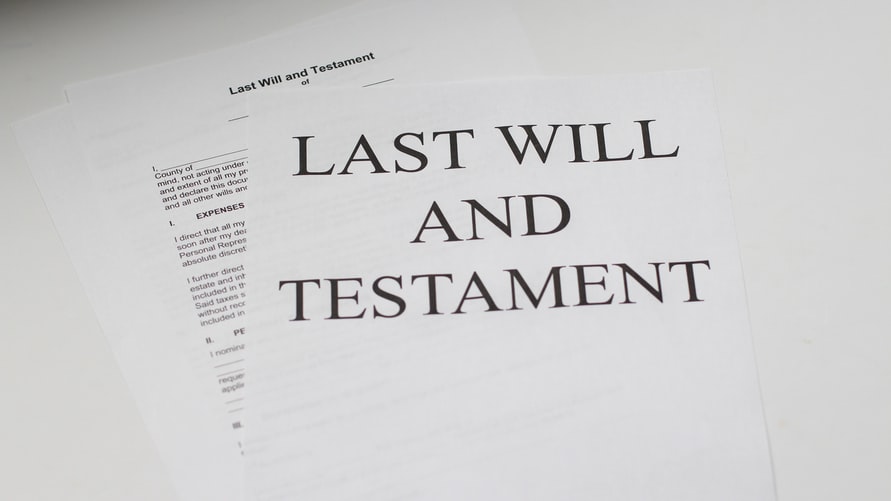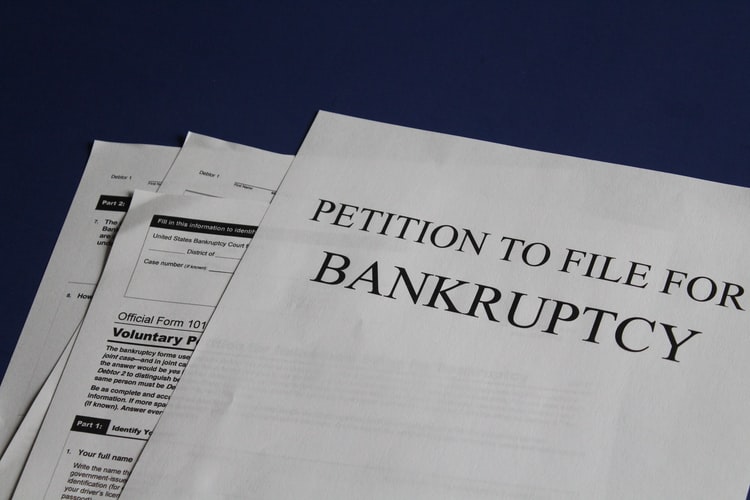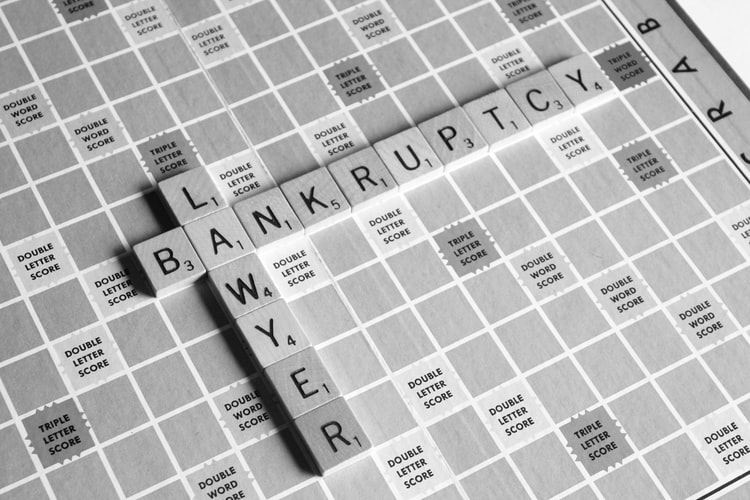If you are in the business industry, Bankruptcy is one of the most common terms used. It is a legal process to give your financial life a fresh start, either by discarding or making arrangements to pay your debts.
In most cases, Bankruptcy also plays an influential role for the companies to end the business and liquidate the company’s assets in an orderly way.
A bankruptcy case is filed when a company is no longer able to handle the financial flow of the business and is on the brink of closing its doors. Bankruptcy offers a way out in such scenarios.
Yes, Bankruptcy stays on your credit report and makes it hard for you to apply for a loan, but sometimes it is best to apply for Bankruptcy. Let’s understand it in a much better way.
What Is Bankruptcy?
When a situation arises where an individual or a company feels like they can no longer pay up their debt, they choose to file Bankruptcy. Although there are different types of Bankruptcy, you can go with anyone that best complements your current situation.
Despite being several types, the only goal of Bankruptcy is to discharge you from debts and give a fresh financial start. When a bankruptcy is filed, a Discharge order is issued. It is an order from the Bankruptcy court that permanently prohibits any debt collectors and creditors from coming to your doorsteps.
Here are the types of Bankruptcy:
- Chapter 7.
- Chapter 9.
- Chapter 11.
- Chapter 12.
- Chapter 13.
- Chapter 15.
Yes, we do have this many bankruptcy laws to offer full support. Among them all, the most filed Bankruptcy is Chapter 7.
What Is Chapter 7 Bankruptcy?
Chapter 7 Bankruptcy is by far the most common filed Bankruptcy for individuals. It calls for the sale of the debtor’s nonexempt property to pay out the debt he/she has incurred. Chapter 7 bankruptcy is well suited for the dividual who do not have a fixed income source.
When a chapter 7 bankruptcy is filed, the bankruptcy court appoints a trustee to oversee the case. The main responsibility of the trustee would be to see whether the sales process is going as planned and creditors getting paid their money.
However, the selling process of the debtor’s assets has some restrictions. The trustee cannot take all of your assets. They can only sell the assets with a nonexempt tag. This ensures that you are not stripped of everything you need to live.
Some common exemptions are as follows.
- House.
- Auto vehicle.
- Certain retirement accounts.
- Property that can be considered assets and not necessary for living.
To know more about the whole bankruptcy thing, more especially about chapter 7, contact Chapter 7 Bankruptcy in GA.
How To Prepare For Chapter 7 Bankruptcy?
When preparing for chapter 7 Bankruptcy, gather all your financial records that include all your loan details, credit card statements, bank statements, and paystubs. You will need all the documents to complete your chapter 7 bankruptcy documents.
Chapter 7 bankruptcy comes with a voluntary petition to the court, scheduling all your assets, and declaration regarding the debtor’s education.
Credit Counselling
Before the chapter 7 case can be filled, every debtor must participate in a session with an approved credit counselor. This session can either be attended in person, via telephone or online.
Understanding The Means Test
Debtors are needed to pass the Mean Test. It is also a necessary document that is required at the time of the chapter 7 filing. This test calculates the potential of whether you can pay the mean.
The Mean Test compares your household income and the mean income of the state to know the current standing of your financial footings.
The Meeting To The Creditors
After Chapter 7 is filled, the court will issue a notice of “meeting of creditors”. As the name suggests, it is a meeting for the creditors to question the Bankruptcy and clear any doubts.
Conclusion
There you have it; now you know what Chapter 7 bankruptcy is all about. We have tried our best to keep every information possible in the most concise way. We hope that you get the answer you were looking for. If you want to know more about Bankruptcy, do let us know, we will be there with a suitable answer.
Read Also:

























